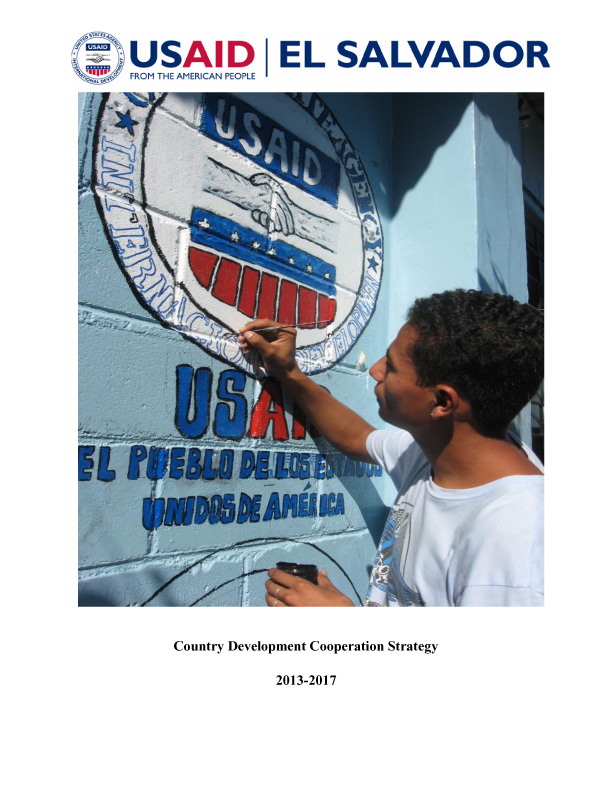The United States has an interest in a stable, prosperous El Salvador, one that shares U.S. democratic values, is a reliable partner in the fight against transnational crime, and plays an active and responsible role in international affairs.
El Salvador is the third largest economy in Central America, and the most densely populated, with 6.2 million mainly urban inhabitants.
In the years following the end of the civil war in 1992, El Salvador made significant democratic advances, including successive free and fair elections.
While the democratic transition has been accompanied by significant, social and economic progress and social indicators such as infant mortality rates and literacy have improved, poverty and inequality of opportunity have increased as problems.
Meanwhile, criminal activity, particularly gang related violence, has increased dramatically. In recent years, El Salvador has had one of the highest homicide rates in the world.
The United States has an interest in a stable, prosperous El Salvador, one that shares U.S. democratic values, is a reliable partner in the fight against transnational crime, and plays an active and responsible role in international affairs.
During a March 2011 visit to El Salvador, President Barack Obama pledged to strengthen cooperation through the new Partnership for Growth (PFG) initiative. PFG is the President’s flagship foreign assistance initiative. Its focus on citizen security constraints to growth is aligned with and complementary to the U.S. Government (USG) Central America Citizen Security Partnership and the Central America Regional Security Initiative (CARSI). The PFG commits both governments to work closely together to boost competitiveness and reduce insecurity in order to rapidly expand broad-based economic growth in El Salvador. Successful implementation of the PFG initiative will be the cornerstone of this Country Development Cooperation Strategy (CDCS).









Comment
Make a general inquiry or suggest an improvement.